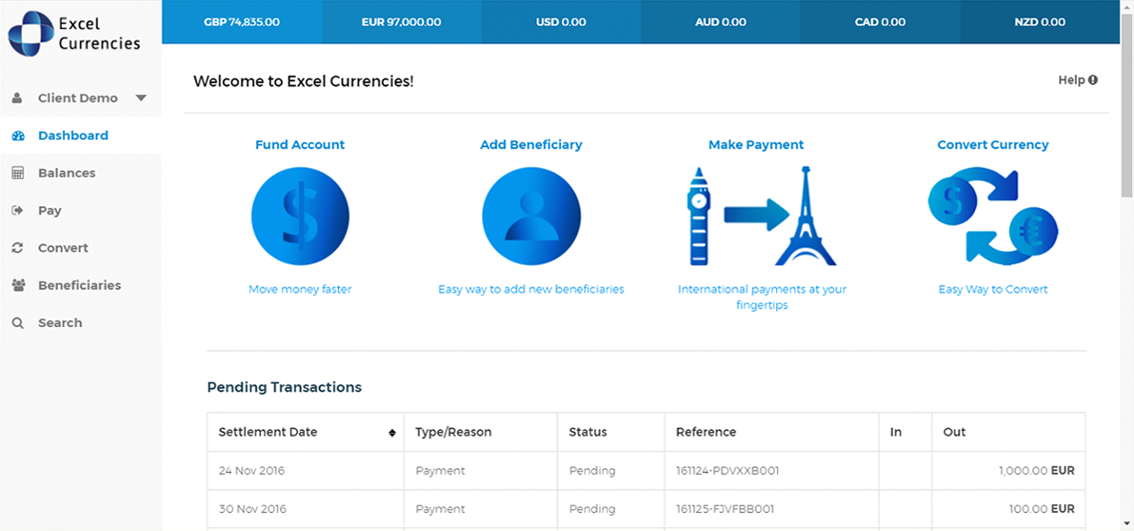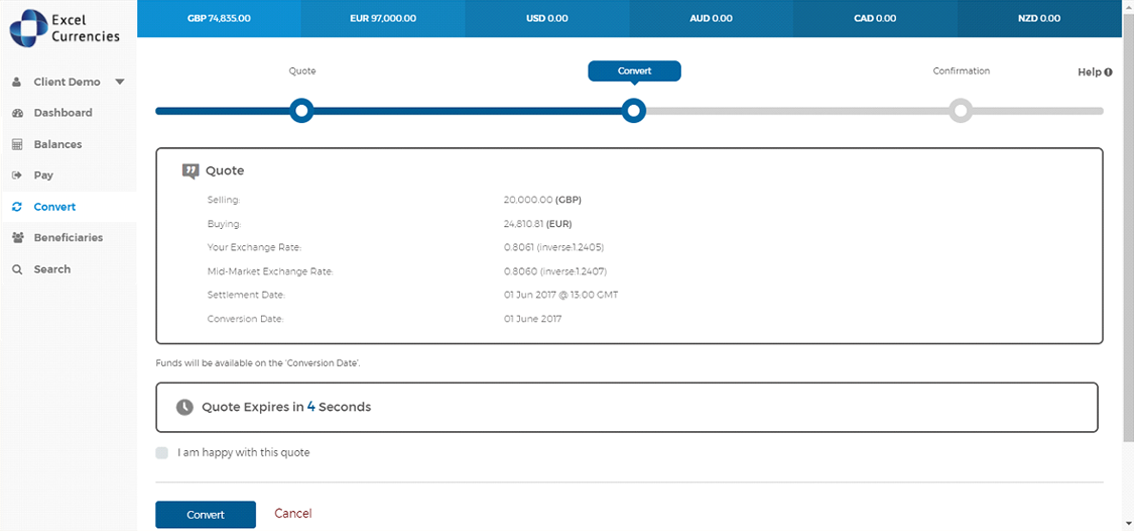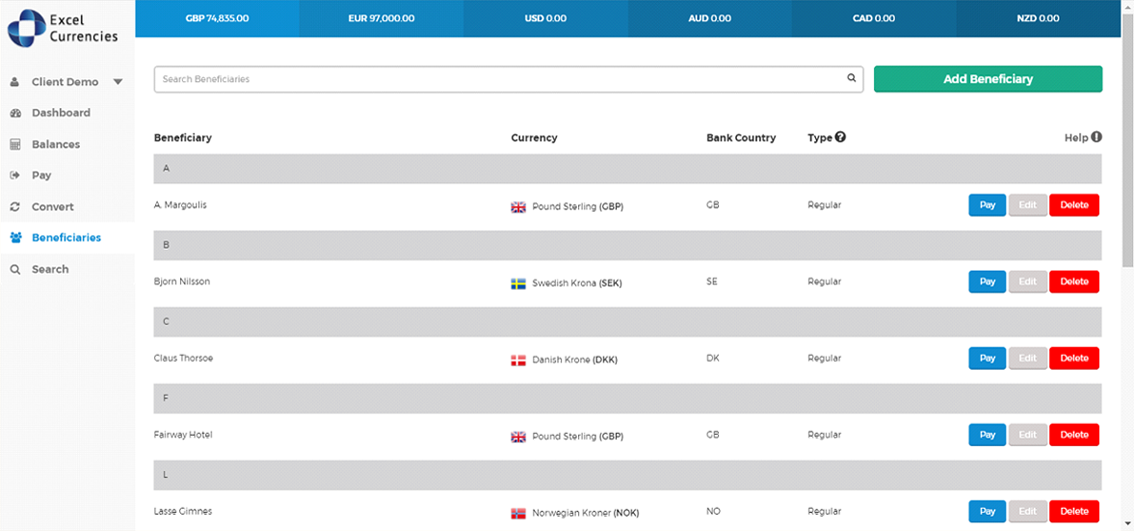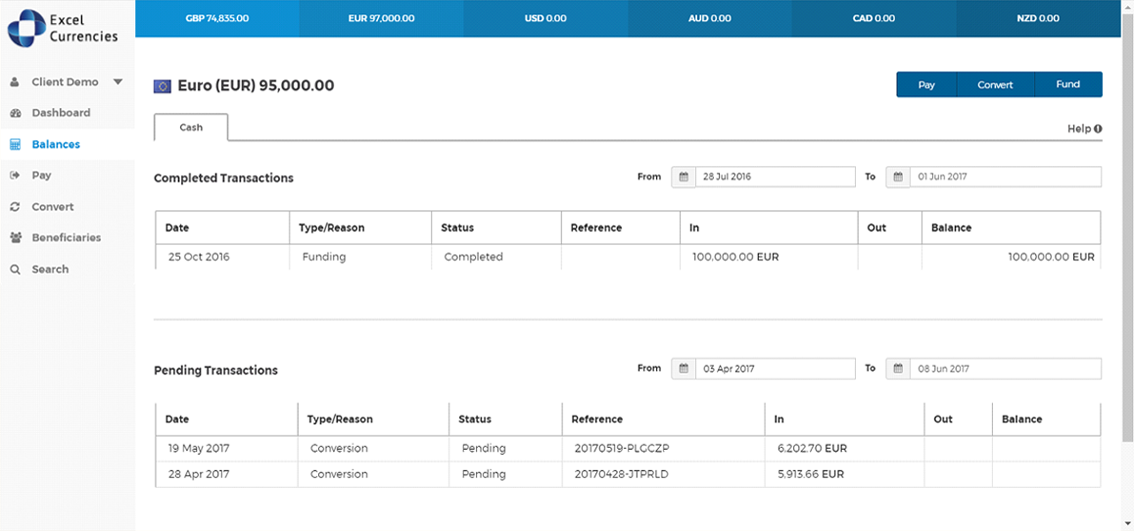Our accounting partner explains that whilst the fundamentals behind bookkeeping are the same, processes are different for a small business compared to a large business..
From small start-ups to large global brands, it is important you incorporate the right processes for your business. Here is a useful guide on different-sized businesses and how best to handle the bookkeeping process. Let’s take a look..
Bookkeeping for Small Businesses (10 – 49 Employees)
For small businesses, there aren’t as many transactions to deal with. This doesn’t mean that bookkeeping isn’t important though. In fact, it can be even more vital to keep on top of your finances, as small businesses often have less cash in reserve and therefore any mistakes can be very costly.
Some key tips for small business bookkeeping are:
- Keep Accounts Separate – Small businesses may not have business accounts, thinking all payments can go through a personal account. This is a big mistake though, as this can lead to confusion and the spending of funds that the business needs.
- Streamline Your Accounts – Things don’t need to be overly complex with a small business. In fact, trying to simplify your bookkeeping process as much as possible can have many benefits. Develop a streamlined chart of accounts and keep basic financial transactions up to date such as expenses, equity, sales, and cashflow. This also applies to your transaction recording, which can be kept simple whether you are using software or inputting the information manually.
- Regular Reconciliation – With small businesses, any discrepancies can be really costly. It is always a good idea to reconcile your financial data with your financial and bank statements at regular intervals so you can be extra sure that the data you have is completely accurate and that there are going to be no issues further down the line.
- Tax Compliance – In small businesses, the job of bookkeeping is often left in the hands of people who aren’t as experienced as professionals in this industry. This can mean they aren’t aware of all tax laws and rules that they should be, so try and keep a training program in place and ensure that knowledge of all tax obligations and deadlines are spread throughout your accounting team.
Bookkeeping for Medium-Sized Businesses (50 –249 Employees)
For medium-sized businesses, the bookkeeping process gets a little more complex. There are more things to consider, including a larger number of transactions, more employees, and higher cash figures in reserve.
While the processes remain similar to that of a small business, it is vital to check your figures more as there is more scope for error the higher the transaction count rises.
Some medium-sized business bookkeeping tips are:
- Comprehensive Chart of Accounts – While a smaller business may just need one category, with a medium-sized business it is a better idea to split things up. Keeping your different revenue streams and departments separate can be a big help when adding up your figures and judging business performance.
- Use Accrual Accounting – It is a good idea to use accrual accounting when your transaction count rises. This is because there may be a large amount of money in accrual, which means the transaction has occurred but payment hasn’t yet been made. If you only count your transactions when cash is handed over, you could be missing a large chunk of figures when it comes to calculating your true finance numbers.
- Be Cautious – As more figures begin to pass through your ledgers and journals, extra caution is needed. This means double-checking all transactions to ensure figures are correct and always cross-referencing with payment documents such as receipts and invoices and bank statements. It’s also a good idea to implement internal controls to safeguard assets, prevent fraud, and ensure accurate financial reporting.
Bookkeeping for Large Businesses (250+Employees)
Now we’re onto the large businesses, and this is where the bookkeeping process can really become complex. In large businesses, with over 250 employees, there are often multiple departments, revenue streams, assets, and more.
This is when a much more advanced bookkeeping system is needed, and using dedicated software is vital to ensure you are saving and storing all of your financial figures in a safe and efficient manner.
Some other tips are:
- Departmental Accounting – With so many different aspects to the business, it is a good idea to separate things into different departments. Not only will this make the process of keeping up with bookkeeping simpler, but it will also allow for reporting across each department and quick issue spotting.
- Adopt an Advanced Accounting System –There is now a wide range of great accounting software available for businesses of all kinds. If your business is handling complex financial transactions and is selling to a worldwide audience, this can make the process of inputting data and calculating figures much easier.
- Centralise Your Finances – As there are so many different industries, it can be a good idea to centralise some financial management functions. This includes accounts payable and payroll. If you can place all of these into a similar system and use a similar process between them all, then you can keep things consistent and standardised across the business.
- Automate Where You Can – While small and medium sized businesses may be able to work out their financial figures themselves, this may not be possible due to the sheer number of transactions for large businesses. In this case, automation is key. This can help to calculate figures, work out cash flow and create other reports, and also reconcile data. By getting software to do this for you, you can save lots of time and effort on your behalf.
For help with your accounting needs and to see a quick transparent price list from our partner, please fill out the section to the right and they will be in touch with you shortly.

 Twitter
Twitter Facebook
Facebook linkedin
linkedin Google
Google








